By Sarah Daniell*
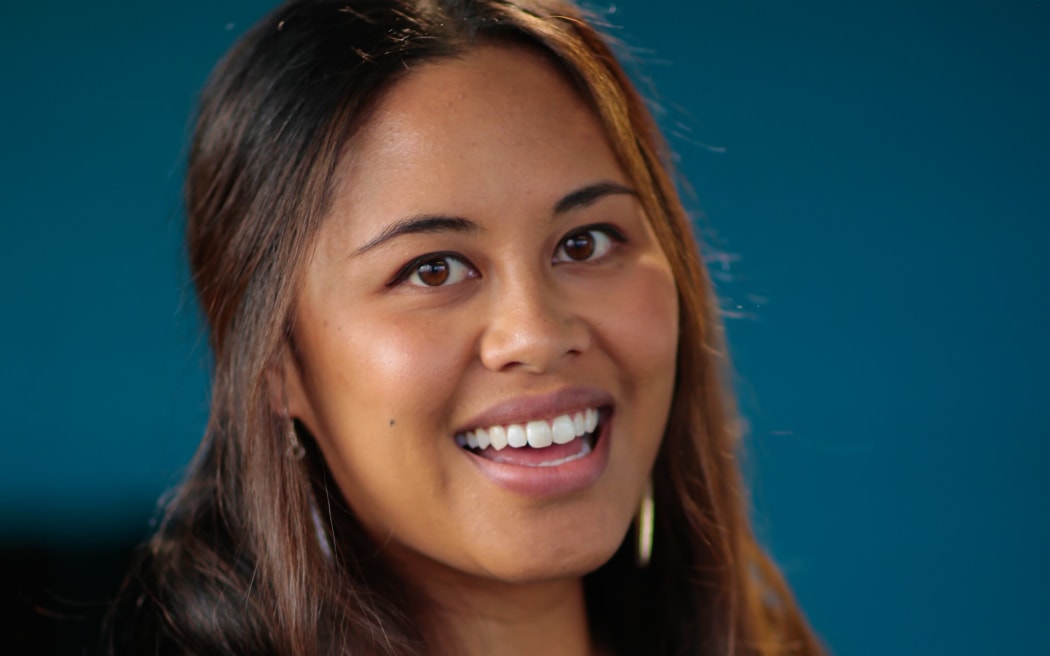
Abba-Rose Vaiaoga-Ioasa: "I love problem solving and film-making is a series of problems to solve to create amazing films." Photo: Supplied
How does a chemical engineer make a film? Take equal parts curiosity, creativity, culture, complex subject matter and add a generous measure of comedy. Shake it up.
Abba-Rose Vaiaoga-Ioasa, scientist, lover of mathematics, and film maker sits across a table at a Grey Lynn cafe considering the question and explains that the two disciplines - film making and chemical engineering - have more in common than might appear at first glance. They are mutually enhancing rather than free radicals in a marriage of opposites.
"I was looking at moving into project management in science, which is very similar to film producing. I love engineering and science. Technology, maths. But I was talking with my brother Stallone, who'd just made his [2016] film Three Wise Cousins. He was looking for a producer for his second film Hibiscus and Ruthless and I was looking for a potential change in career. So, I quit my job. I was in Canada at the time, and I moved back home. And have been working and learning on the go ever since."
Abba-Rose and Stallone, aka Cadness St Productions (a homage to the Northcote street where she grew up) are visionary, focused collaborators. They have produced four feature films, including Hibiscus and Ruthless and Mama's Music Box, a collection of documentaries. Their latest project, the second series of romantic comedy I Got You, starring 'Bubbah' Leo'o Olo, is set to launch on RNZ's TAHI platform this week.
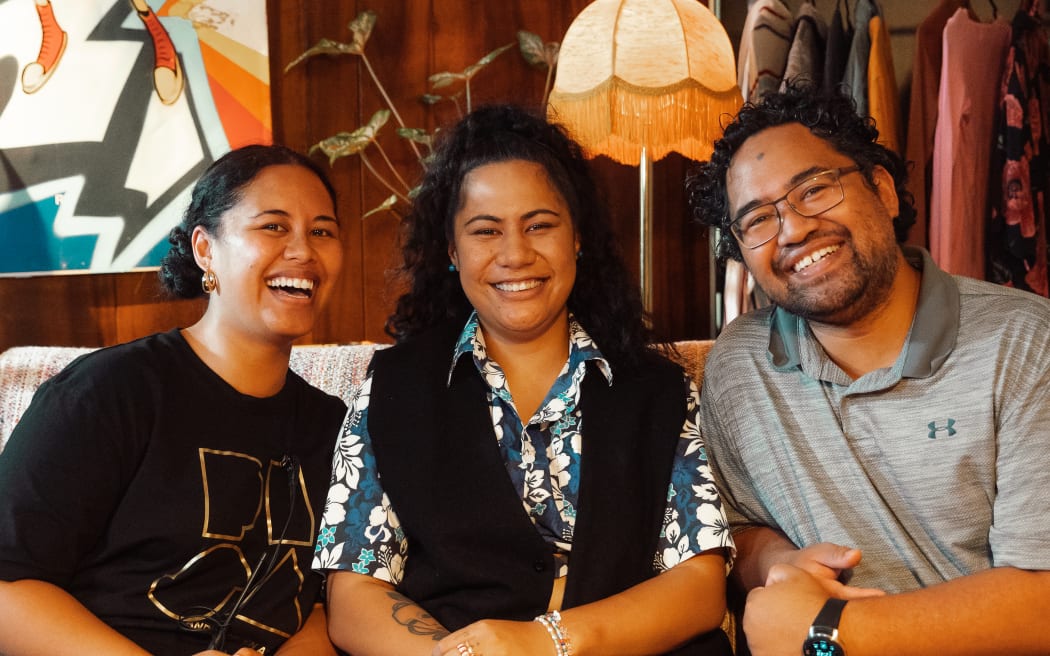
Abba-Rose Vaiaoga-Ioasa, Leolo Ola and Stallone Vaiaoga-Ioasa on the set of I Got You. Photo: Julie Zhu
Abba-Rose graduated from the rich wellspring of Auckland Girls Grammar, whose alumni include comedian Rose Matafeo and choreographer Parris Goebel, and later, from Auckland University in 2012, with a Bachelor of Engineering with Honours, specialising in chemical and materials engineering.
She was unfazed about moving from the known world of engineering to the unknowns of the arts.
"I loved the idea of essentially working for myself. Doing six months on six months off. Well, it's been six years on. No six months off."
Her mother, who came to Aotearoa from Samoa in the hope her children would have career security, was more cautious.
"I definitely had a big talk with my mum to make sure they understood why I was taking a jump into a risky business. Stallone and I were working together as well, and there was the issue of not having that diversity in terms of income. But my mum was really supportive of us. I mean, she just wants us to be happy.
"I think I just reassured them I would give it my all and make it work. And if I had an issue I could go back to 9 to 5. I love problem solving and film making is a series of problems to solve to create amazing films. I've stayed with it."
At Cadness St Productions, family and culture are front-and-centre.
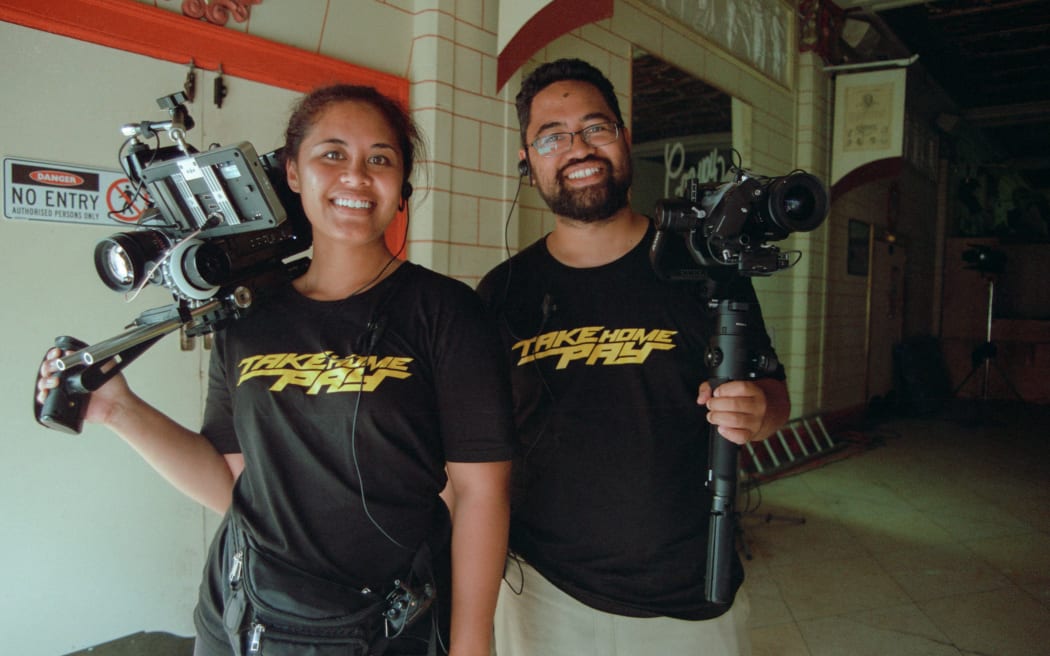
Photo: Supplied
"Our culture affects everything in every way. The way all the stories are from our own Samoan perspective - even the way in which we work, our values, are similar. There's no hierarchy. We don't think about it because it was how we were raised, and when we look back and reflect, we realise that is how we live, in terms of respect. My brother and I have that relationship as siblings, so it flows on to everyone on set. We communicate with each other."
They use humour, lots of it, to tackle complex, potentially heavy issues in their stories. If there is tension between them, they keep it on the down-low and take it to a corner to quietly resolve.
"We love to laugh. We're always laughing. Probably too much. Stallone is an incredible writer, very smart... some jokes that are just like, 'how did you ever come up with that?'
"I think being able to laugh at heavy topics that are hard to package... it allows discussions in our films. We kinda take you on a journey into an area that makes you feel and see things in a different way. The audience can reflect on something or themselves without feeling like you are being attacked by someone."
She says it's a wonderful and important time to be a Pasifika storyteller and filmmaker.
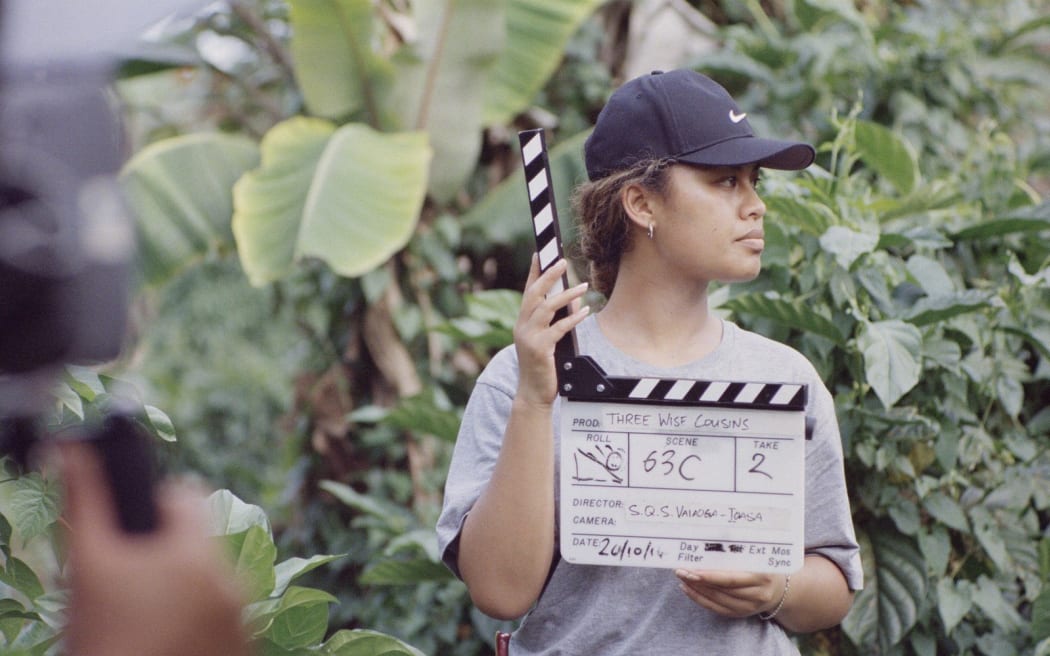
Abba-Rose Vaiaoga-Ioasa filming in Samoa. Photo: Unko Films
"It's so great to see all the emerging talent making their short films and showing their point of view; taking it to feature films or drama series. It's an amazing time. There's a push for more resources. I know that there is so much potential. It's amazing to see our stories coming through now, especially compared with three or four years ago.
"We can create commercially successful films that also have a social impact. We need to show that we can change things."
Society in general measures success as commercial, but Abba-Rose's mission is to ensure important social outcomes also have currency. She and her brother have joined Nikki Si'ulepa, Jerry Tauamiti and Vea Mafile'o to set up the Pacific Island Screen Artists association, which aims to support and advocate for Pacific Islanders in the screen industry.
"I've learnt so much from them. Having them close to me and seeing the work they do and seeing them challenge our industry to do better. We are all in the same boat as Pasifika. They inspire me because we all know how difficult it is.
"We share the same stresses. We're all Pasifika. For me, it's probably the one thing that keeps me going."
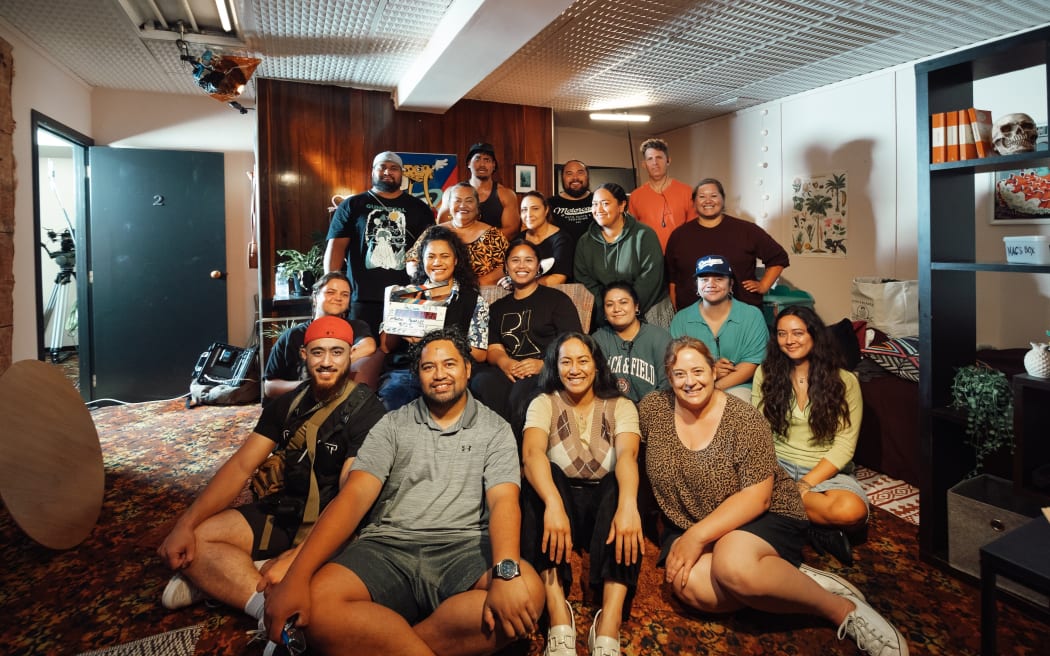
Photo: Supplied
Her focus is the next generation and she's hoping not to just inspire young Pasifika people, but to create an industry formed from a bedrock of opportunity and equality.
"I want to be better for the next generation of Pasifika filmmakers and create opportunities for them to come through.
"I didn't realise the barriers, the lack of resource for our people. I was in the engineering world. There was one female to every five or six males in engineering school. It was male-dominated. I was used to that world. And when I came to the screen world, I saw so many barriers to our people which surprised me.
"I think for a while we were in our own bubble - I was not as aware of the challenges of working in a palagi world. Now I see that I was quite privileged; we could do it our own way with our own perspective in the stories we tell.
"I know so many Pasifika women who would be amazing producers and production managers - I mean, it's basically like organising our family events," she says.
"The sister, the aunty. They mean business."
I Got You launches on RNZ's TAHI platform and social channels from Feb 14.
* Sarah Daniell is a journalist based in Auckland.

